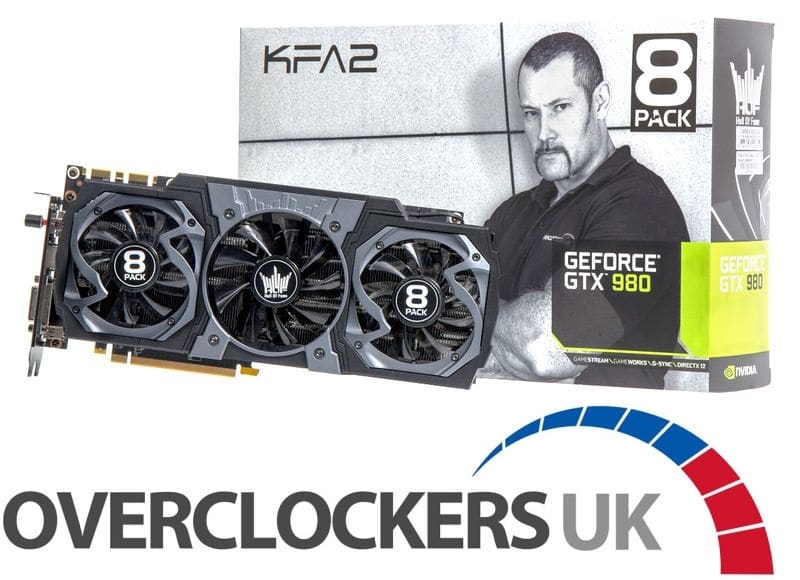Graphics Card Buying Guide Spring 2015
Rikki Wright / 10 years ago
Introduction
 Graphic outputs are the most important output of the computer no matter what someone tells you about how an Intel i7-5960x is the best CPU there is, you still require a graphical output to see the magic. When purchasing your computers, it is most likely that the graphics options are the most scrutinised part of all the components; however, choosing the right graphics card for you can be daunting with so many to choose from. Graphics cards come from two major manufacturers, AMD and NVIDIA; both are extremely good at what they do and can offer the consumer amazing graphical performance. From there, each manufacturer then has vendors; some cover both parties such as Gigabyte, others only cover one such as Sapphire for AMD and Zotac for NVIDIA. When considering graphics cards to choose from, you have to consider the following hardware factors:
Graphic outputs are the most important output of the computer no matter what someone tells you about how an Intel i7-5960x is the best CPU there is, you still require a graphical output to see the magic. When purchasing your computers, it is most likely that the graphics options are the most scrutinised part of all the components; however, choosing the right graphics card for you can be daunting with so many to choose from. Graphics cards come from two major manufacturers, AMD and NVIDIA; both are extremely good at what they do and can offer the consumer amazing graphical performance. From there, each manufacturer then has vendors; some cover both parties such as Gigabyte, others only cover one such as Sapphire for AMD and Zotac for NVIDIA. When considering graphics cards to choose from, you have to consider the following hardware factors:
- System case size
- It’s all well and good buying a Gigabyte G1 Gaming GTX 970 because you have the money, but when you find it won’t fit in your Shuttle PC case; jokes on you for not measuring
- Processor
- This factor only really comes into play when considering high power graphics cards and pairing with older generations of processors. The likes of an AMD Phenom X3 710 won’t give you the full benefit of an AMD R9 295×2 graphics card like an Intel i7 processor could.
- Screen sizes, quantity and resolutions
- You tend to find a lot of people will buy the highest powered graphics card and pair it with a standard 23″ 1080p monitor. That’s OK for achieving constantly high FPS, but pointless considering the cards power. The same goes for users who buy a low-powered graphics card and wonders why they can’t play Crisis on 3 screens.
- Power Supply
- This is where things get confusing for a lot of people. Imagine you just went into a local computer shop and bought a 600w power supply for £15, 9/10 times that 600w is only a burst value; meaning it cannot sustain 600w for more than a few seconds. This is one area of your computer that you should never do on the budget end, a general rule of thumb is £10 per 100w, but with components becoming cheaper; prices are falling.
OverclockersUK is one of the largest specialised computer component resellers in the UK, they are highly regarded in the computer enthusiast world and can offer some of the best deals in the UK, EU and sometimes the world. This buying guide will use the pricing and product range displayed on the OCUK website without offers and shipping. For the purpose of this buying guide, I will be concentrating on the consumer-grade discrete desktop single graphics cards; the offerings from integrated processor graphics will not be covered in great detail.
So let us do all of the legwork for you and show you what is best to buy at what budget.
This guide is updated quarterly/immediately after major releases. Last updated: 06/05/2015



















